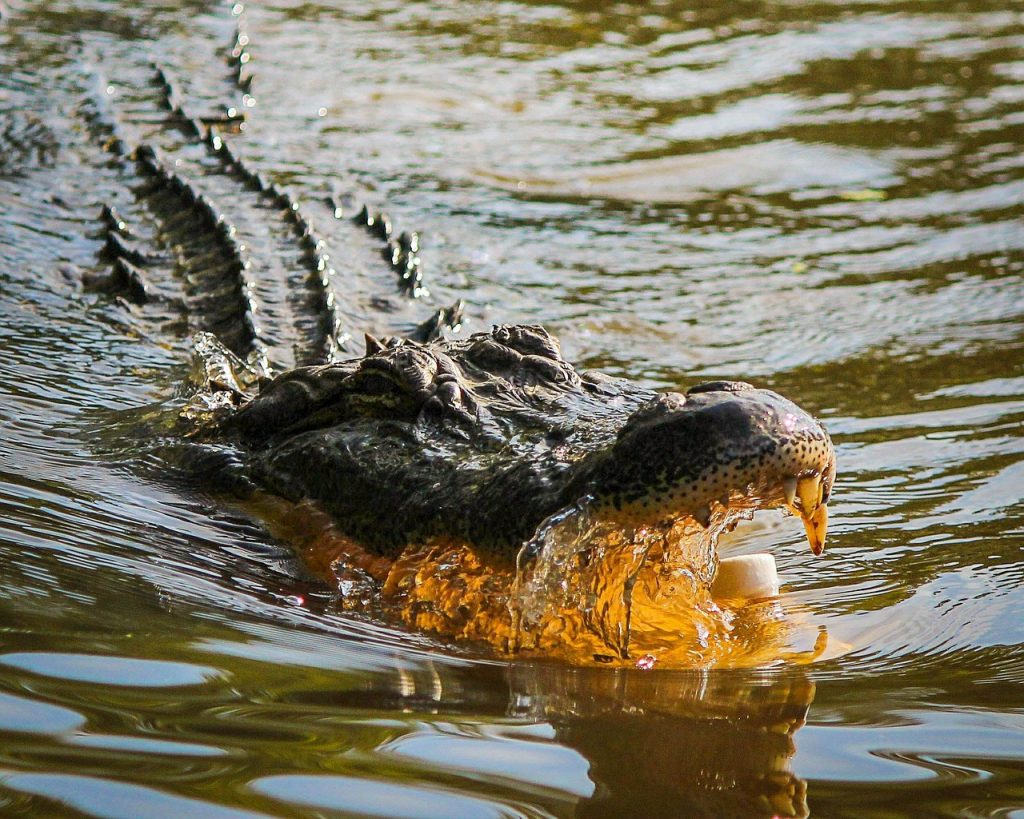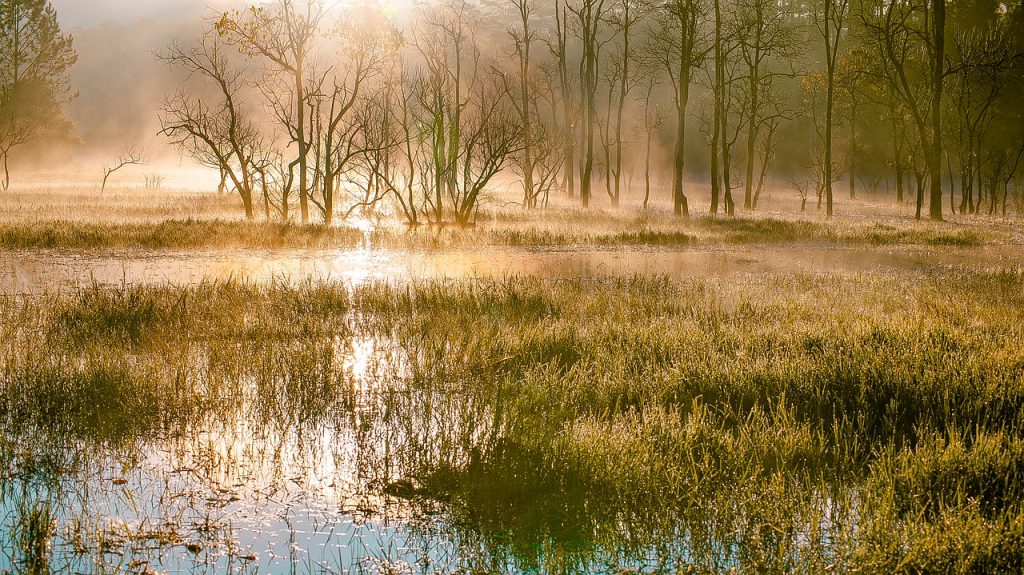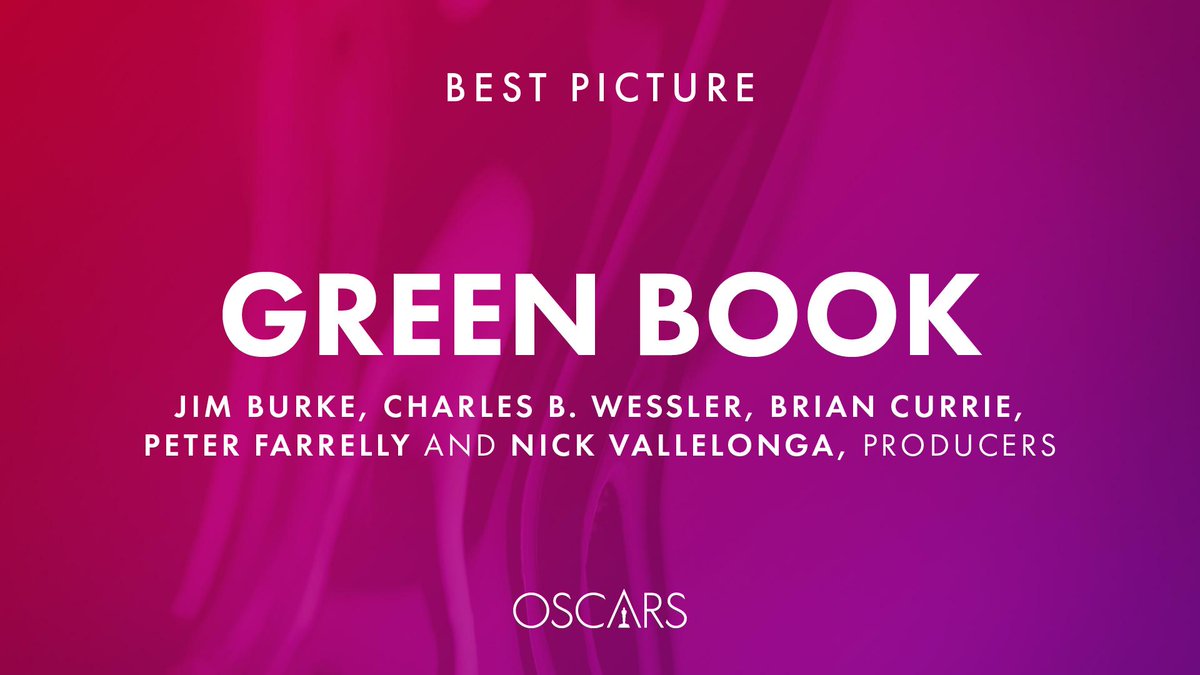Crossing the Swamp of the PhD Literature Review
There are lots of fun parts to completing a PhD – what‽ – but some of them are buried deep in the swamp known as the ‘literature review‘. What orchids am I hunting in this mucky, humid place, you ask? I am researching the best ways to build diversity into animation production. And I must, as every PhD student is obligated to do, Read All The Things. This is, of course, not entirely possible, but one does one’s best.
A seeming paradox comes from academia’s requirement that PhD research be both original and founded in existing scholarly analyses. I understand you’ve got to know your subject matter in order to speak (and write) with authority, but if you really are doing something ‘original’ there won’t be any direct comparisons. I suppose it’s a bit like setting up a photograph of, say, a cappuccino: you choose your subject, note the lighting, set your depth of field, then circle ’round it for the most aesthetically pleasing angle. Be sure to include just the right amount of background and foreground imagery to set the scene, too. The resulting photo will be my unique take on the thing, since I was the one operating the camera, but I must acknowledge the folks who run the café, built the table, grew and harvested the beans, milked the cow, and even those who popularised café culture.
That being said, diversity in animation production is a niche that has not yet found its Starbucks-like mega marketing champion. (Side note: I appreciate Austria’s café culture as well as Seattle’s. However, I do have, by volume, more fond memories of Capitol Hill during the grunge era than of eating Sachertorte in Vienna.) There are not heaps of literature on this particular subject. Yay for originality; boo for existing research on which to build.
What I am finding are books about media production and the cultural industries, a few of which focus on inequality or race, and a couple of books about the processes of producing animation. This gathering of information is leading to new questions, as it’s meant to. Yet like a topiary gardener, I’m having to be mindful of which questions I allow to grow, lest the shape of the overarching question be lost in the chaos of nature. (That’s poetry I wrote, right there. Dig it.)
I’m also talking a lot with former colleagues from the visual effects industry. This is, admittedly, one of my favourite parts. Catching up with friends and forging new bonds as we discuss filmmaking is a fantastic amount of fun. At this stage all of the conversations are informal chats and much is off the record. It does have me thinking about university-sanctioned interviews down the line, though. There’s a lot to take into account when you need to balance the requirements of peer review against the need to respect anonymity.
 Alligator as analogy for tricky business (is that a marshmallow?)
Alligator as analogy for tricky business (is that a marshmallow?)
Filmmaking is a business based, in large part, upon networking and personal relationships. Confidential information is frequently shared among peers, but with the understanding that no one is going to publicise it – especially not with names attached. It is for this very reason that scholars in the cultural industries field have remarked upon the difficulty of accessing information for their research. Historical work is, in this sense, much easier to conduct, though it does limit the scope of what can be achieved. Because diversity, inclusion, equity, and integration in media are very much contemporary subjects, relying on historical data alone will be insufficient. Yet the best way forward is a bit messy.
I enjoy clean processes and the ticking of boxes; it provides a clear sense of accomplishment. This is good in some cases, but distracting in others. For instance, part of discussing the creation of animated films, TV shows, and games is necessarily going to cover the production pipeline. Finding a relatively linear process to write about is satisfying, in that I feel as if I’m addressing the needs of the research, but also filling up that page with words – huzzah! It’s a bit too easy to moor my raft at the dock (swamp reference, you see) of process and wait for the food to be ready. Who needs orchids when there is delicious gumbo right here? Alas, those flowers won’t hunt themselves. Thankfully, many mentors and scholars have left guideposts.
Swamp Wisdom from Those Who Have Gone Before:
The orchid you’re hunting changes, the boat you’re in sometimes springs leaks, and a will-o’-the-wisp may lead you astray from time to time. That is to say, your research question will likely change based on discoveries you make along the way. Occasionally all that’s required is a minor course correction, but sometimes you realise you’ve been paddling about the wrong swamp.
Hopefully your supervisors have given you some pointers on flotation devices and ‘gator avoidance. And, hey, at least the food is tasty, right? Now put down the gumbo and go find that orchid.




